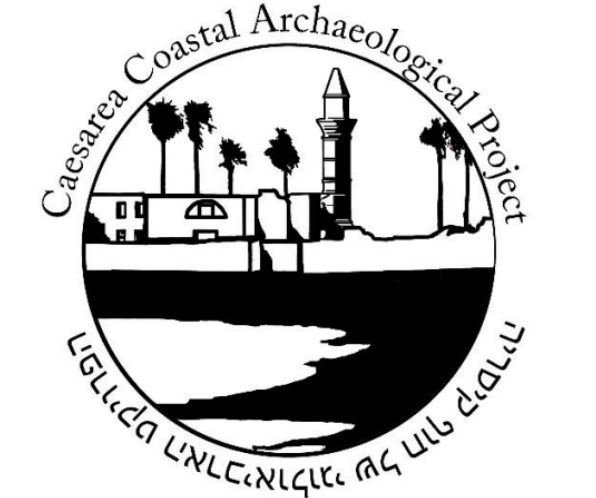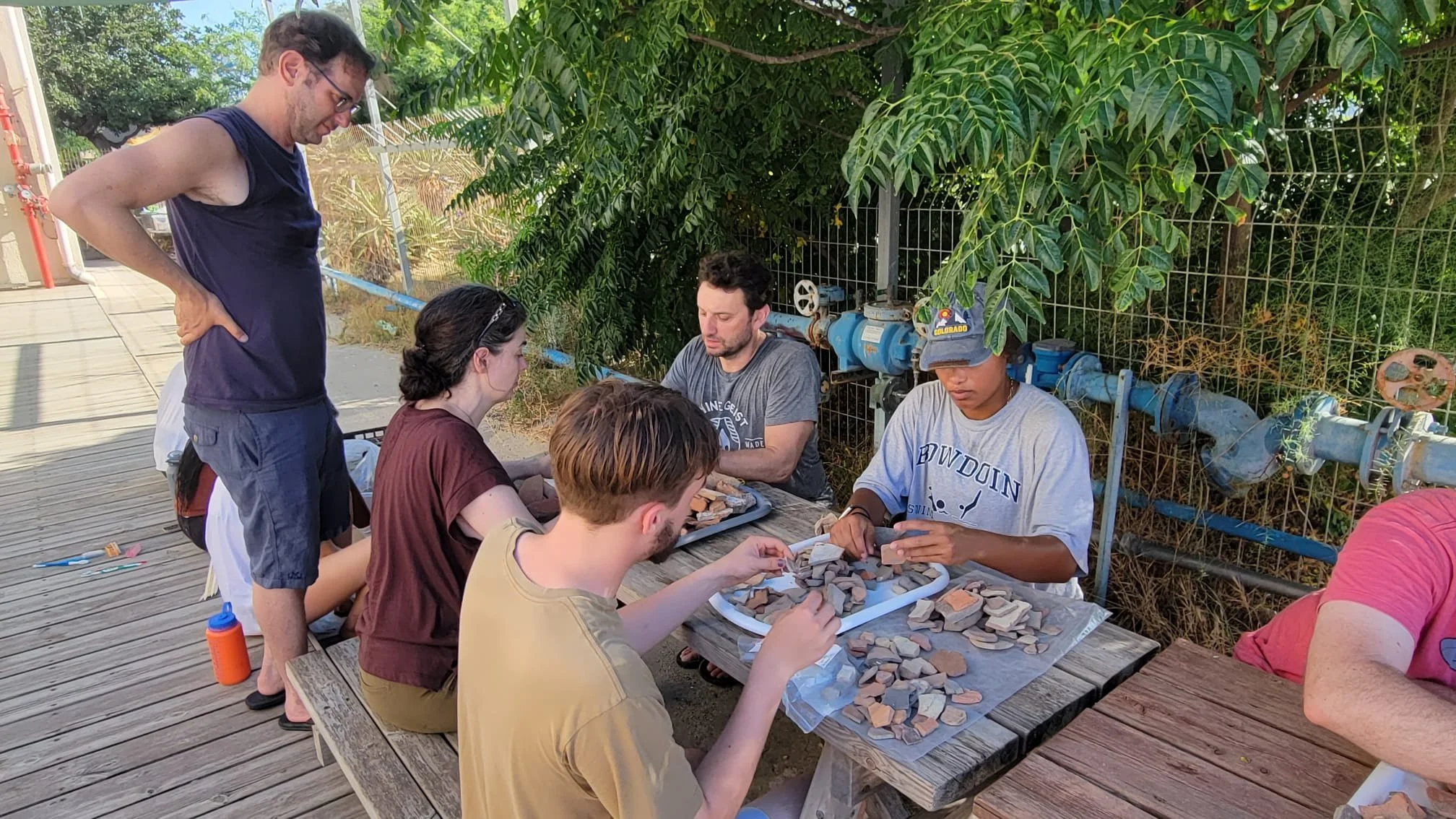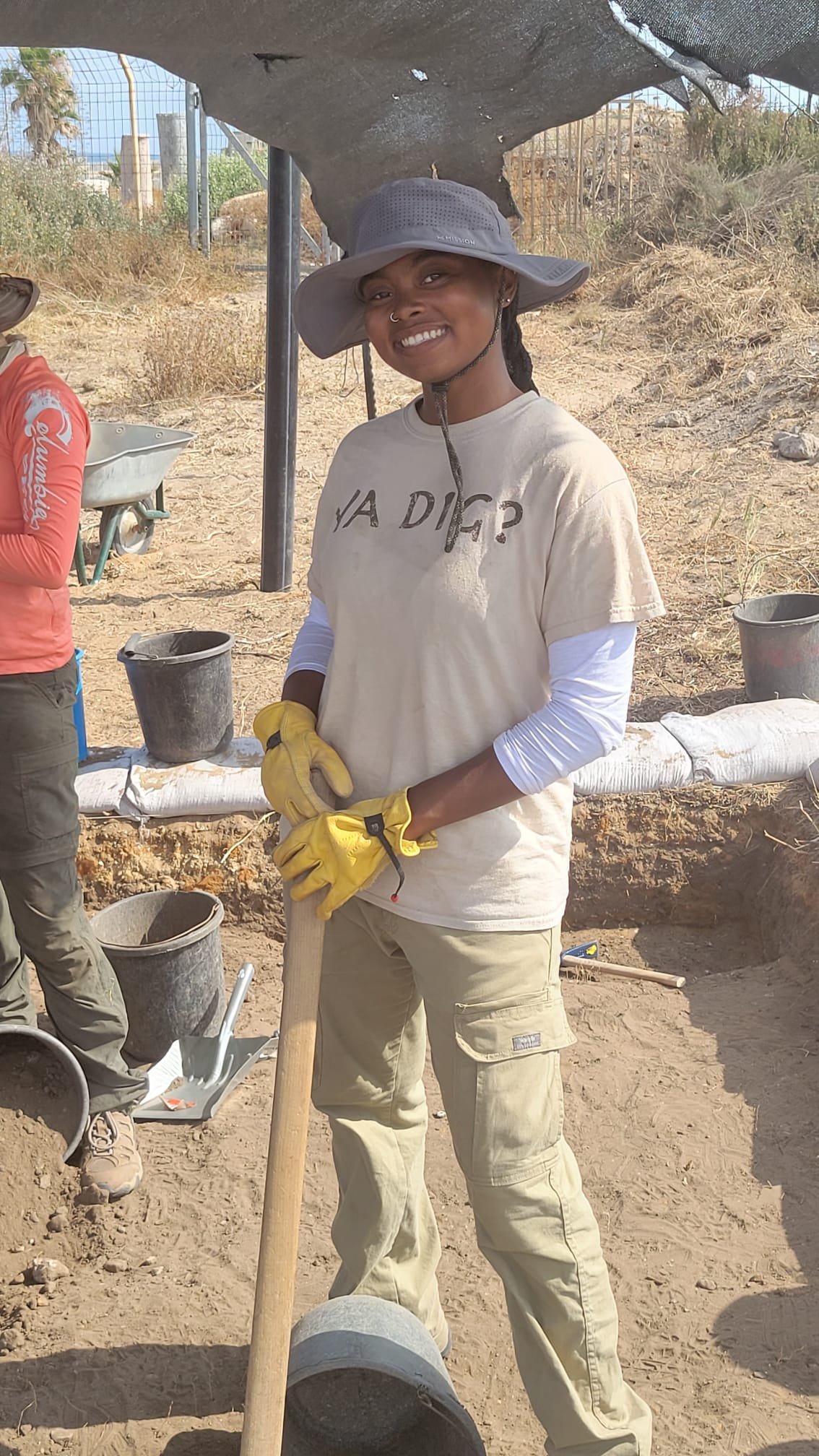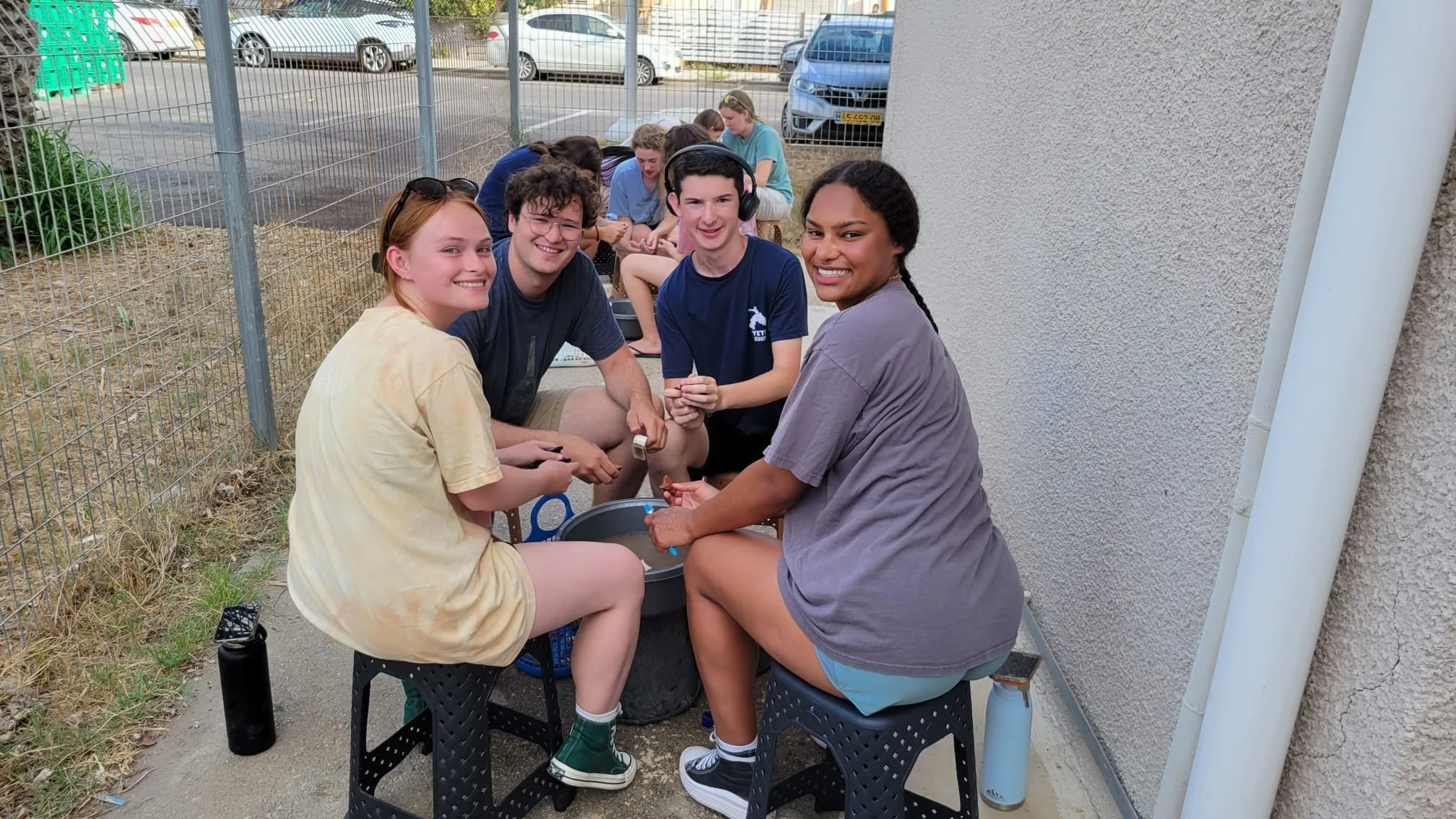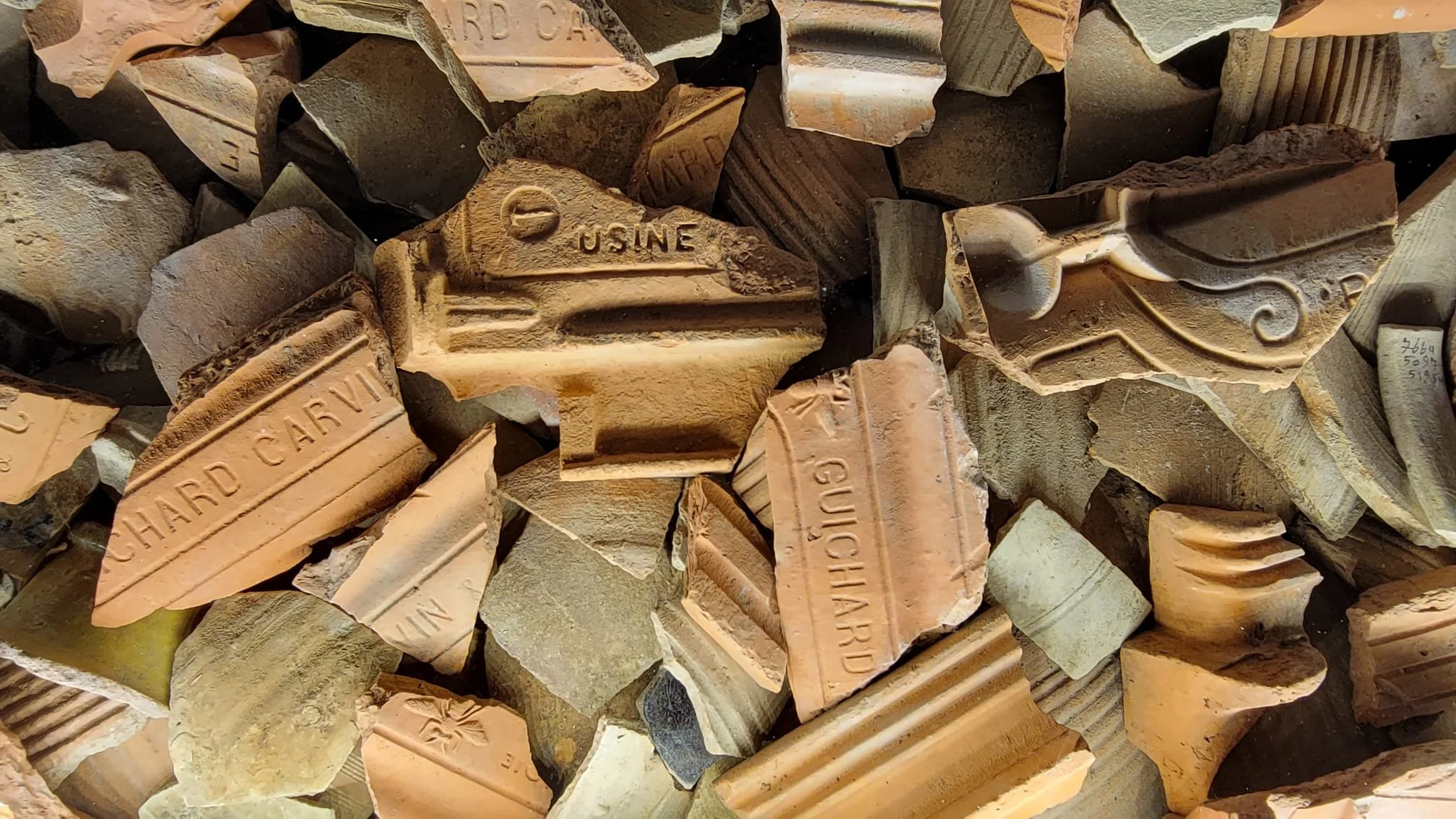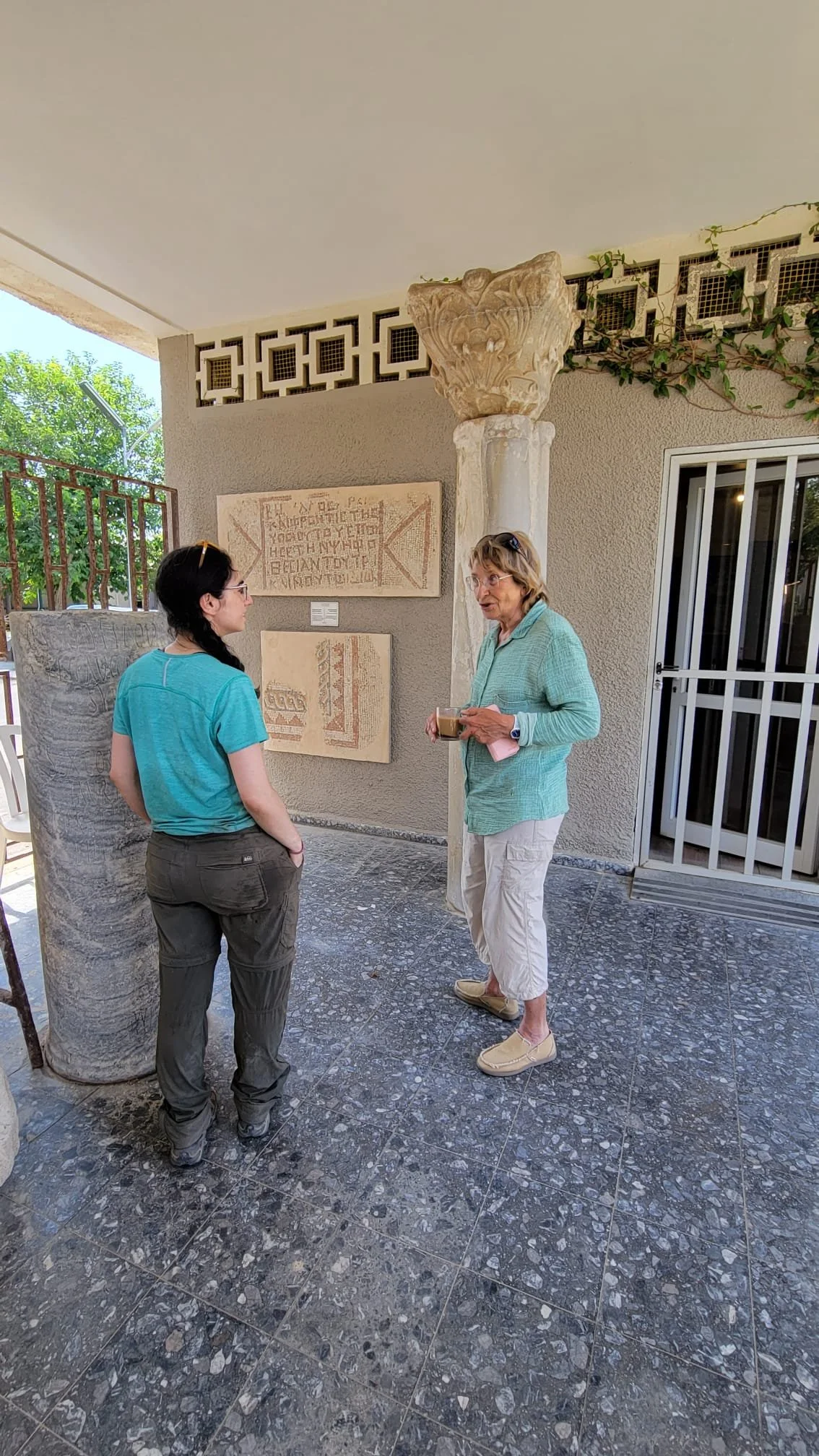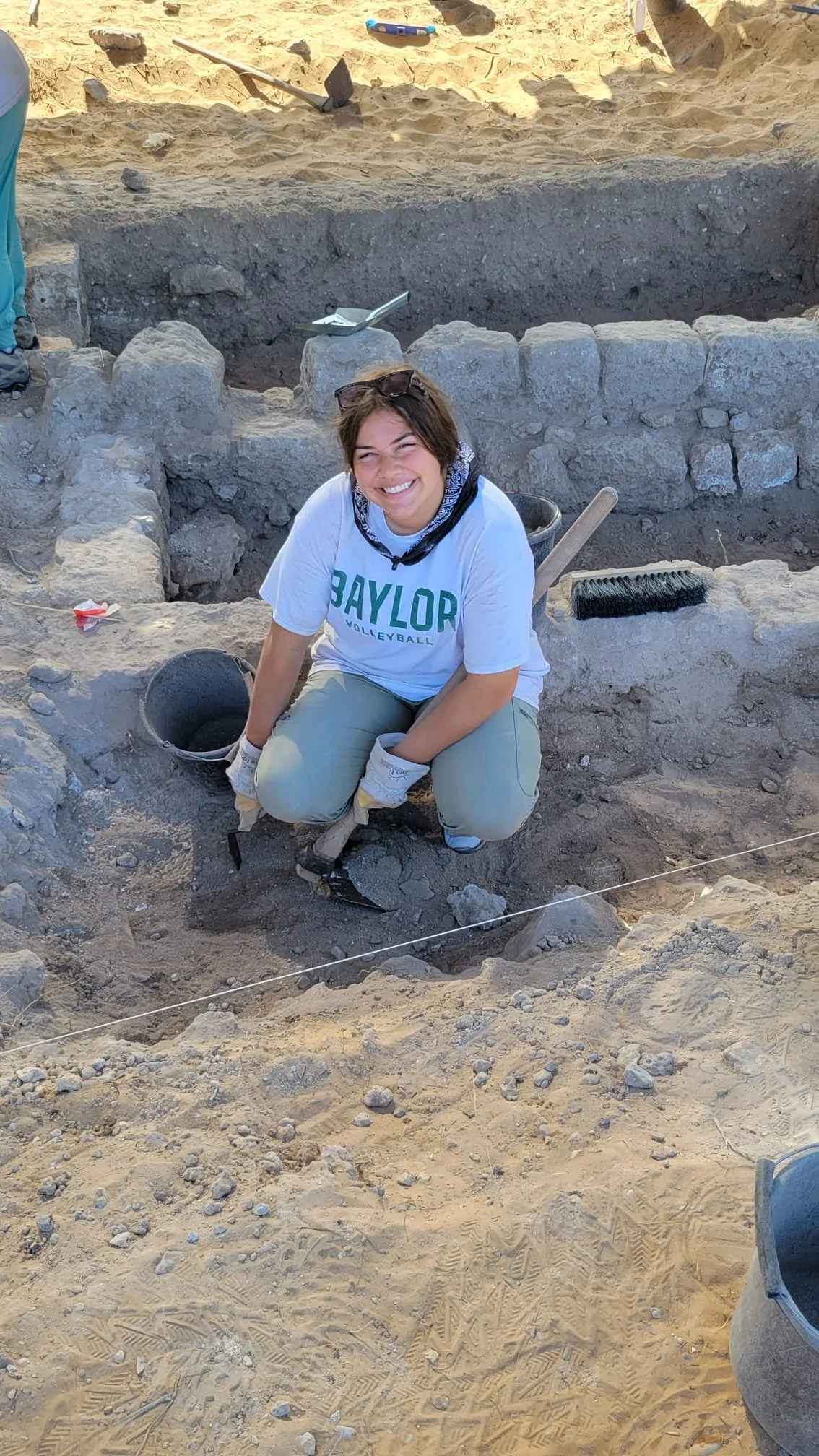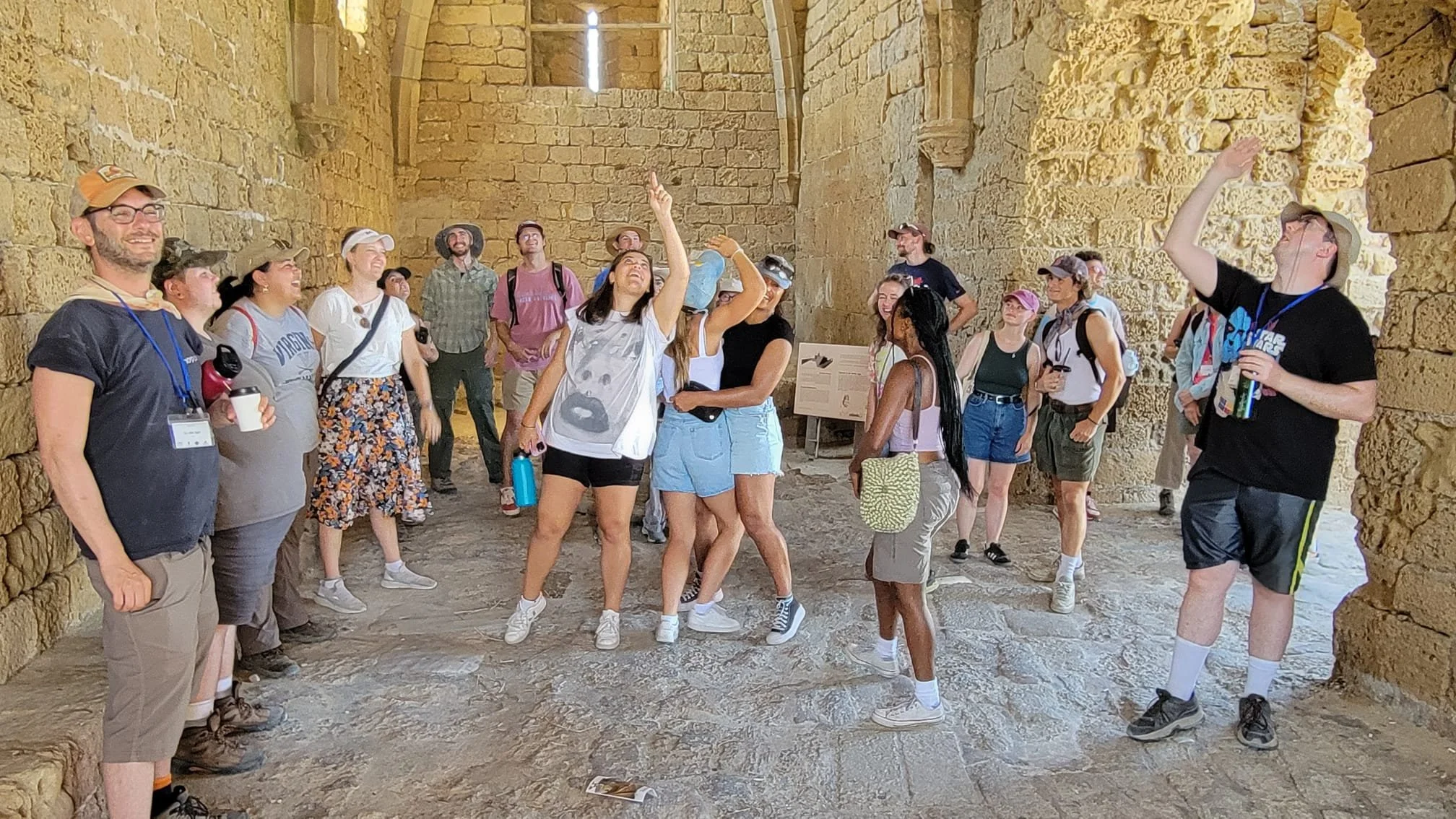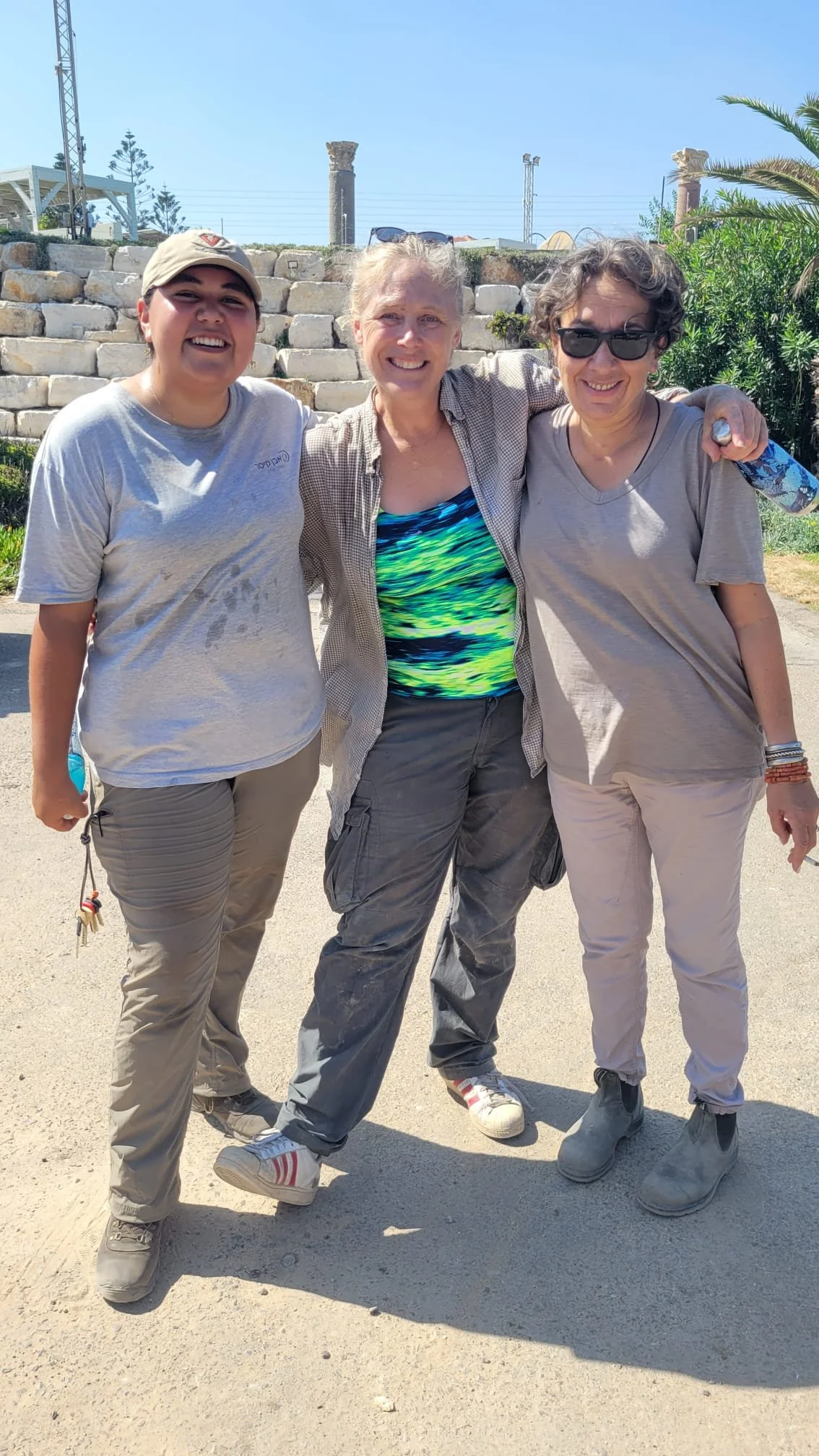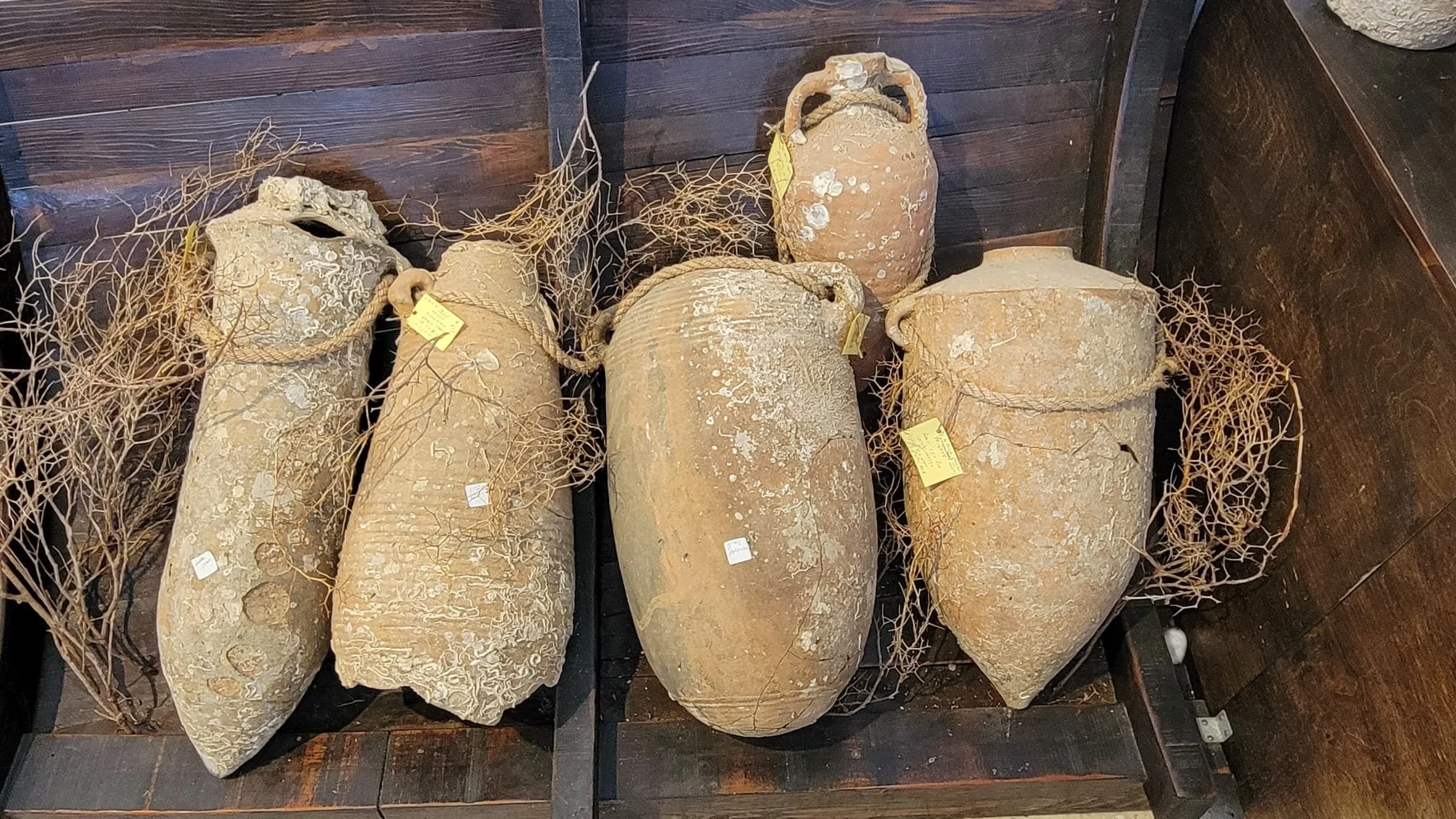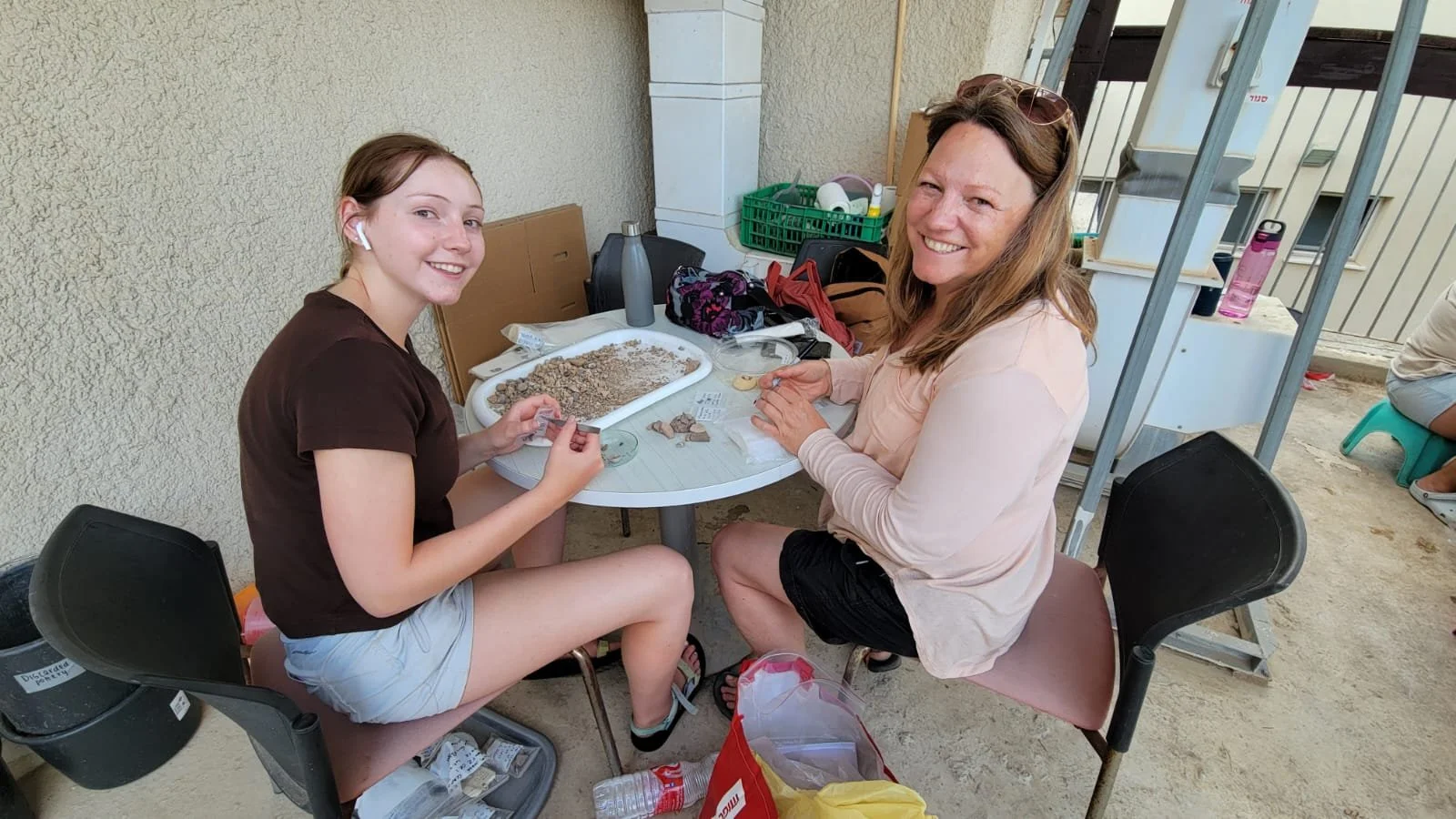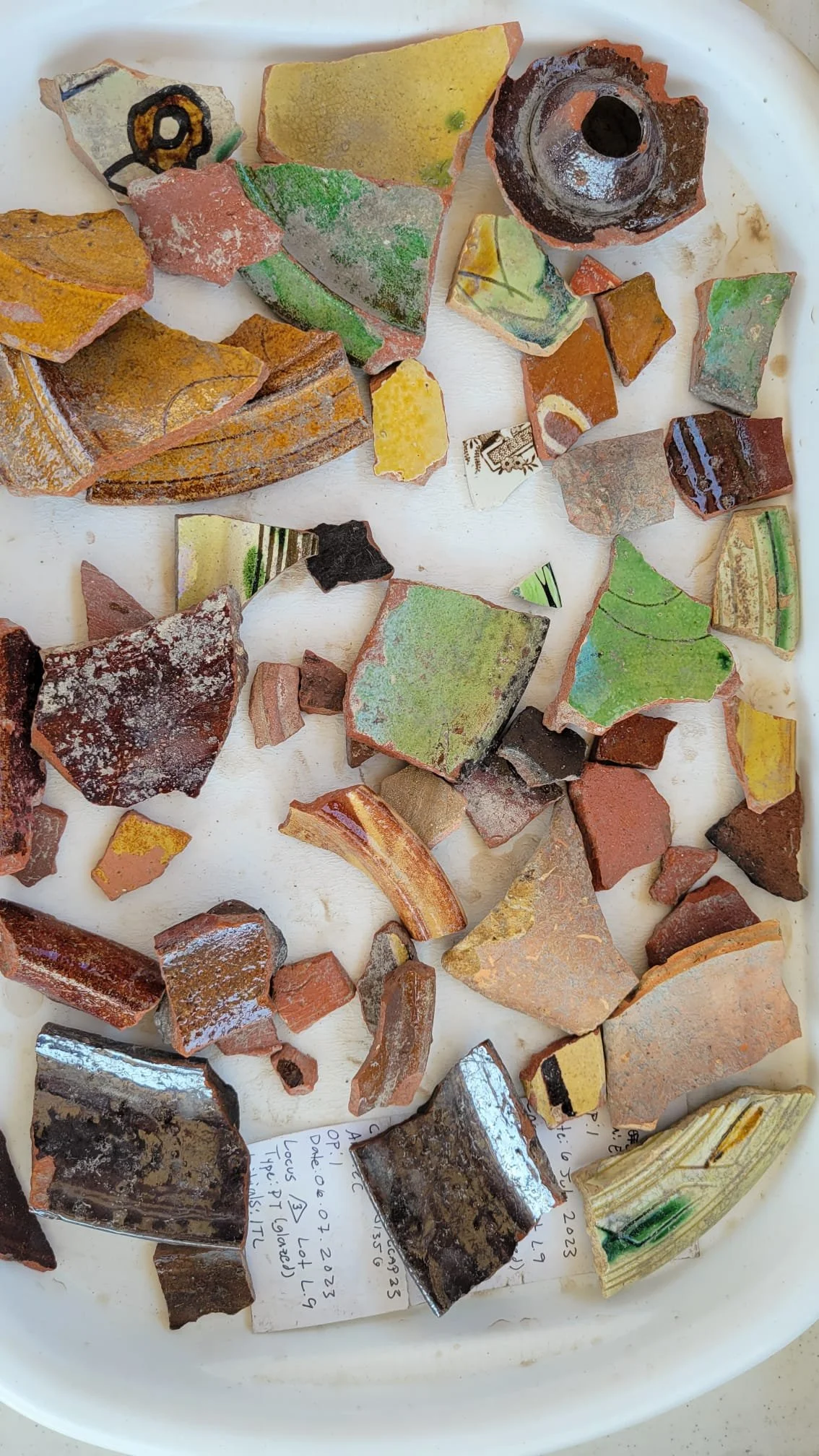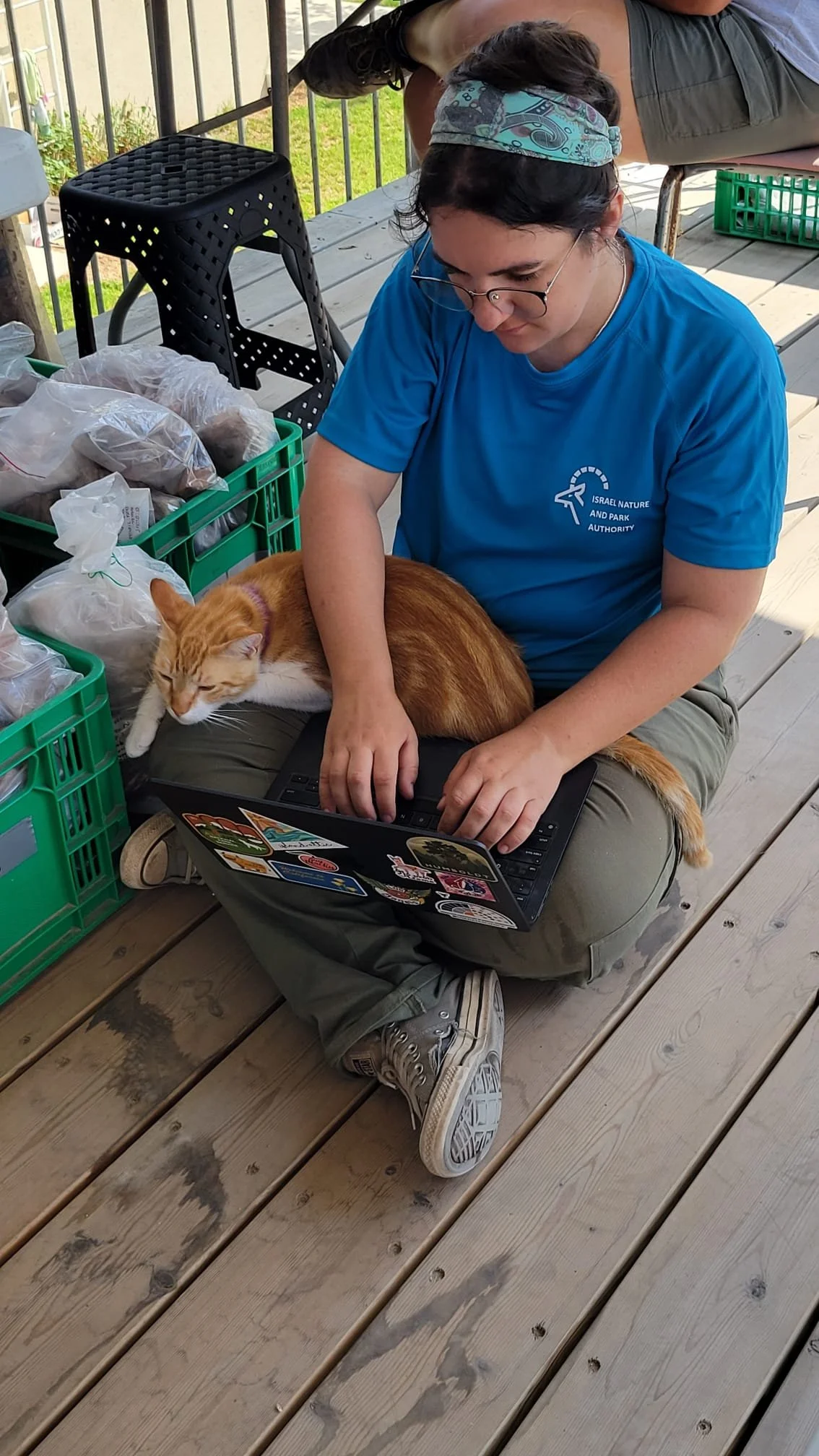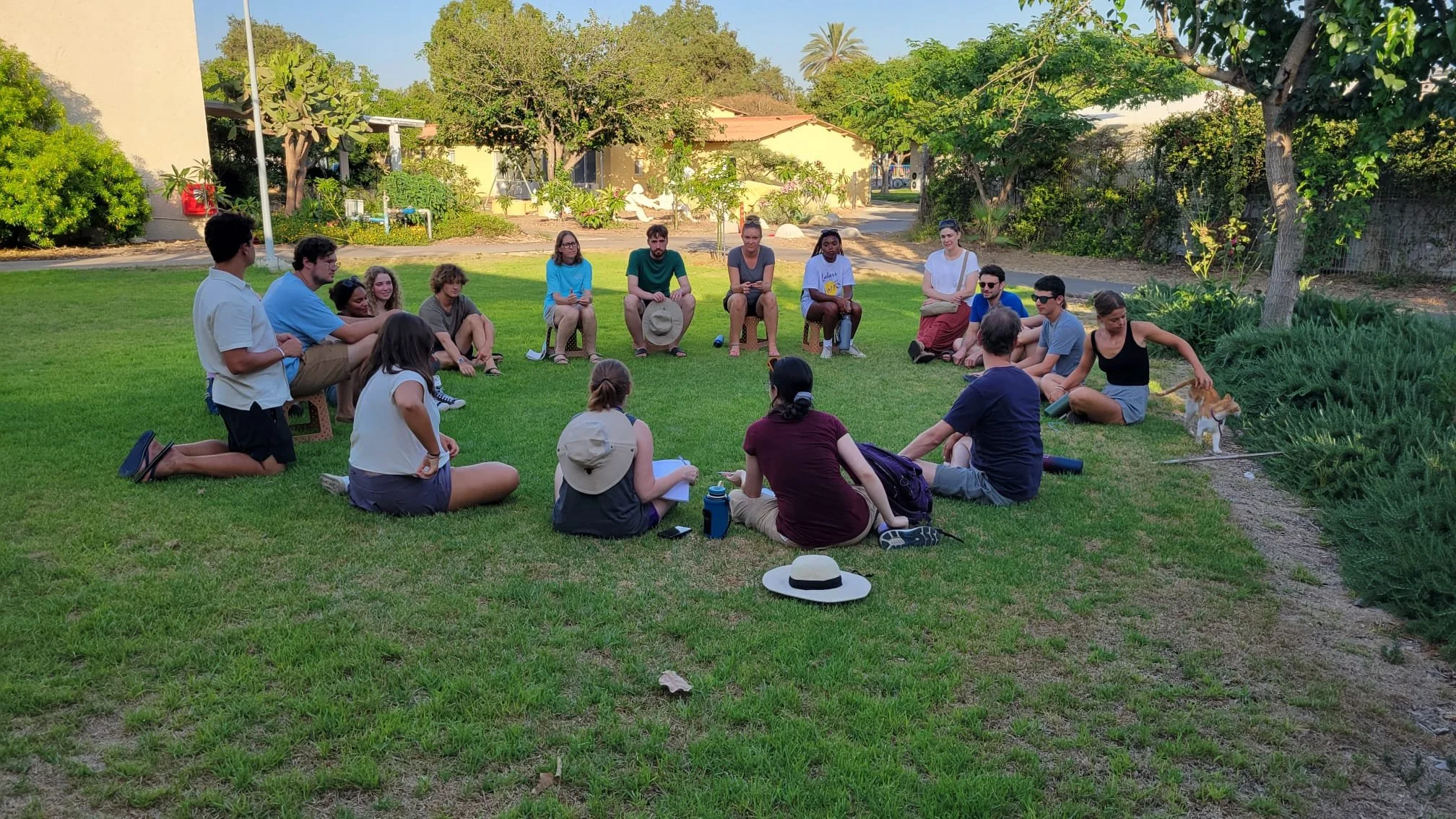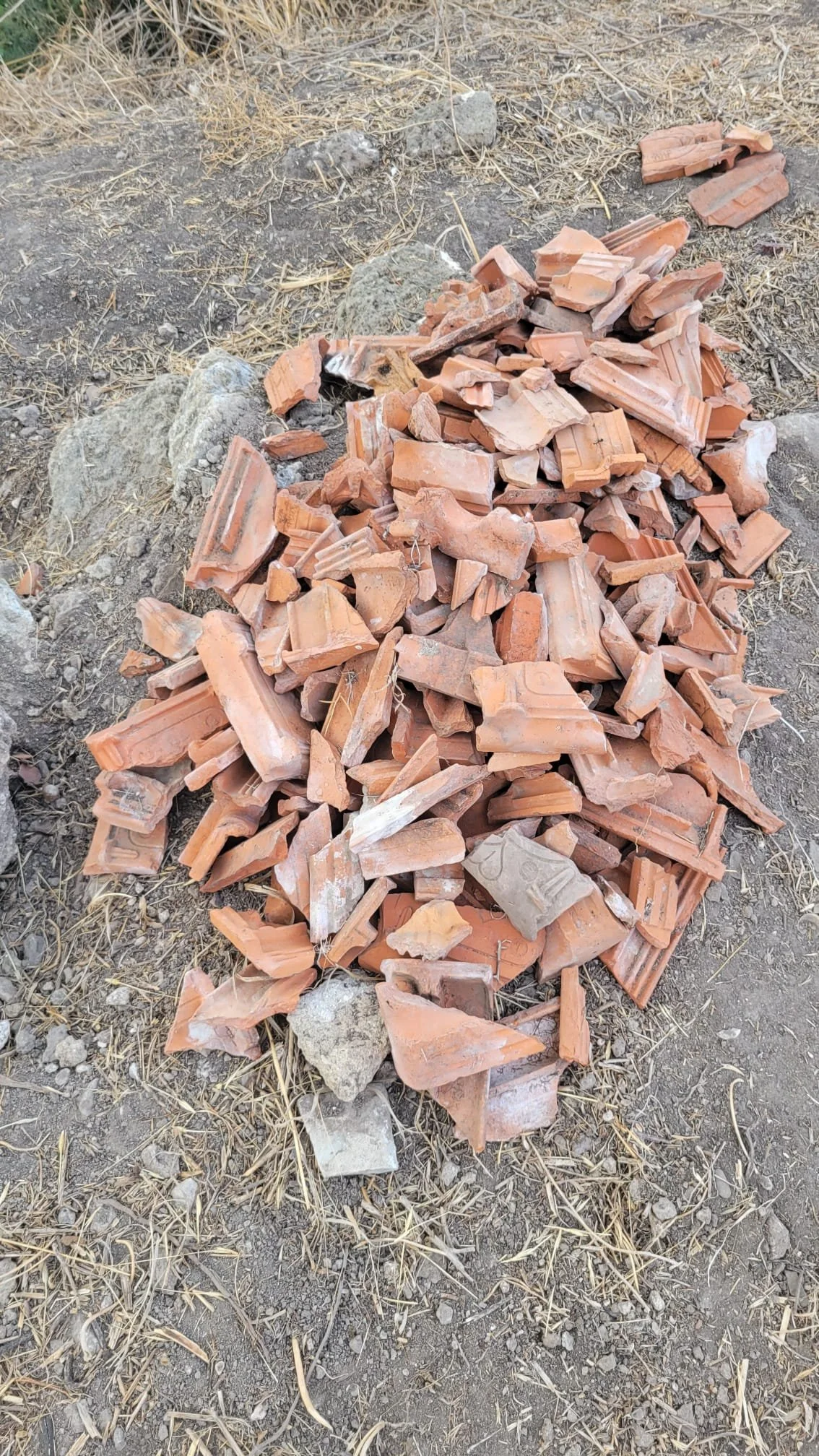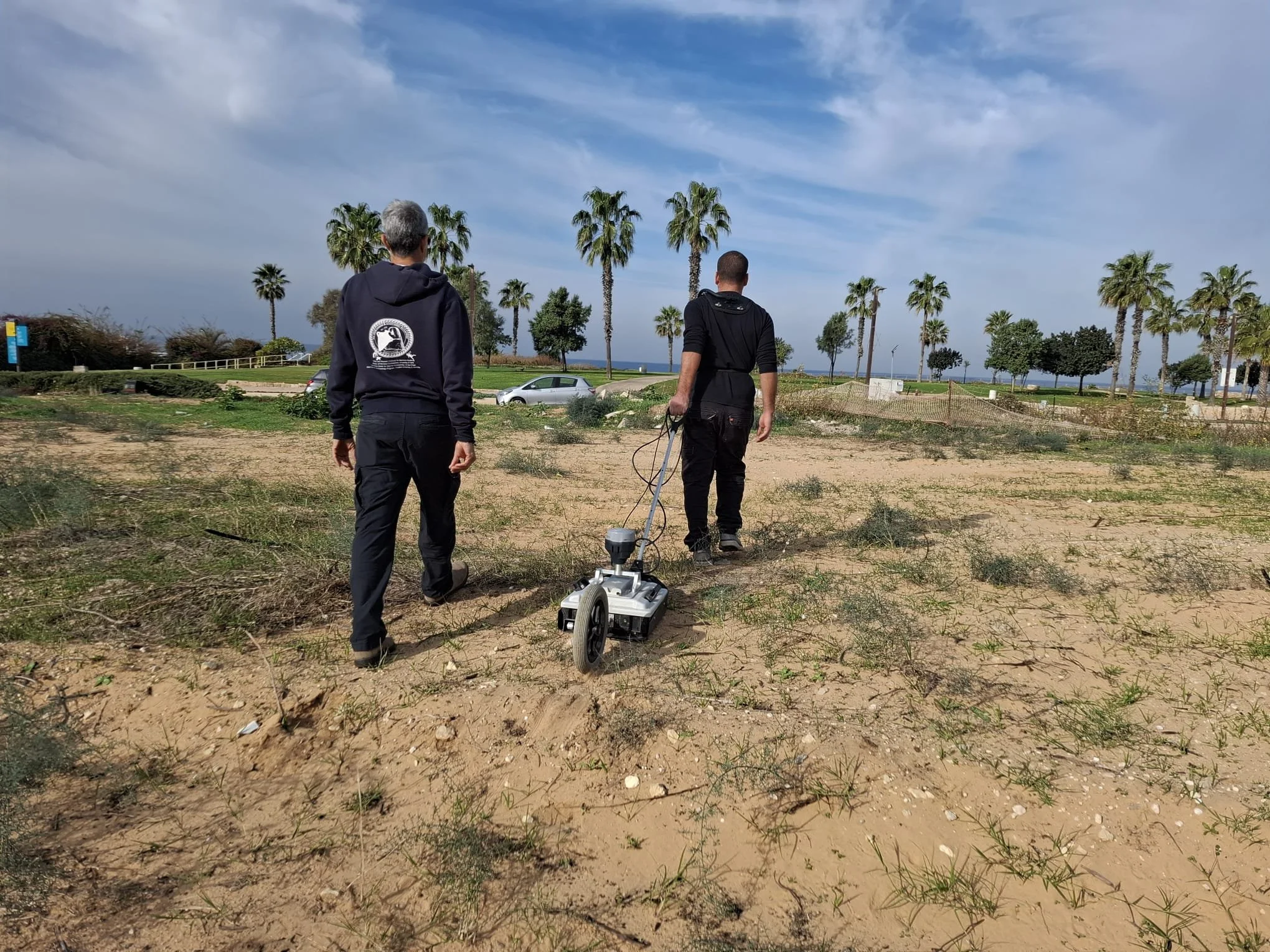Caesarea Coastal Archaeological project

The Caesarea Coastal Archaeological Project (CCAP) is an archaeological excavation and field school run in partnership with the University of North Carolina at Greensboro, the University of Haifa, and the University of Virginia at the coastal site of Caesarea Maritima in Israel. Our primary research objective is to investigate the transformation of the classical city to the later medieval (7th-13th centuries, Early and Middle Islamic/Crusader periods) and modern town (1880-present). Key to this transformation is the identification and reconstruction of the coastal configuration and related natural events, such as the earthquake and tsunami of 749, and the examination of how the past local community responded and adapted to the impact of such catastrophic environmental events. For more on the famous site of Caesarea, see our ‘About the Site’ page.
Beginning in 2010, CCAP’s first three seasons investigated areas north of the ancient harbor, both underwater and on the coastline. In 2022, the project expanded its research inland with the current team and plans to continue through 2026. In addition to the ongoing coastal and underwater survey and excavations, we have an active interest in public history, proudly collaborating with local museums and communities.
Our Partners
Sponsors and Friends of the Project
Logo designed by D. Weiss. | Main photo sourced from MWPHOTOS55/Shutterstock. | Website designed by C. Carter.
